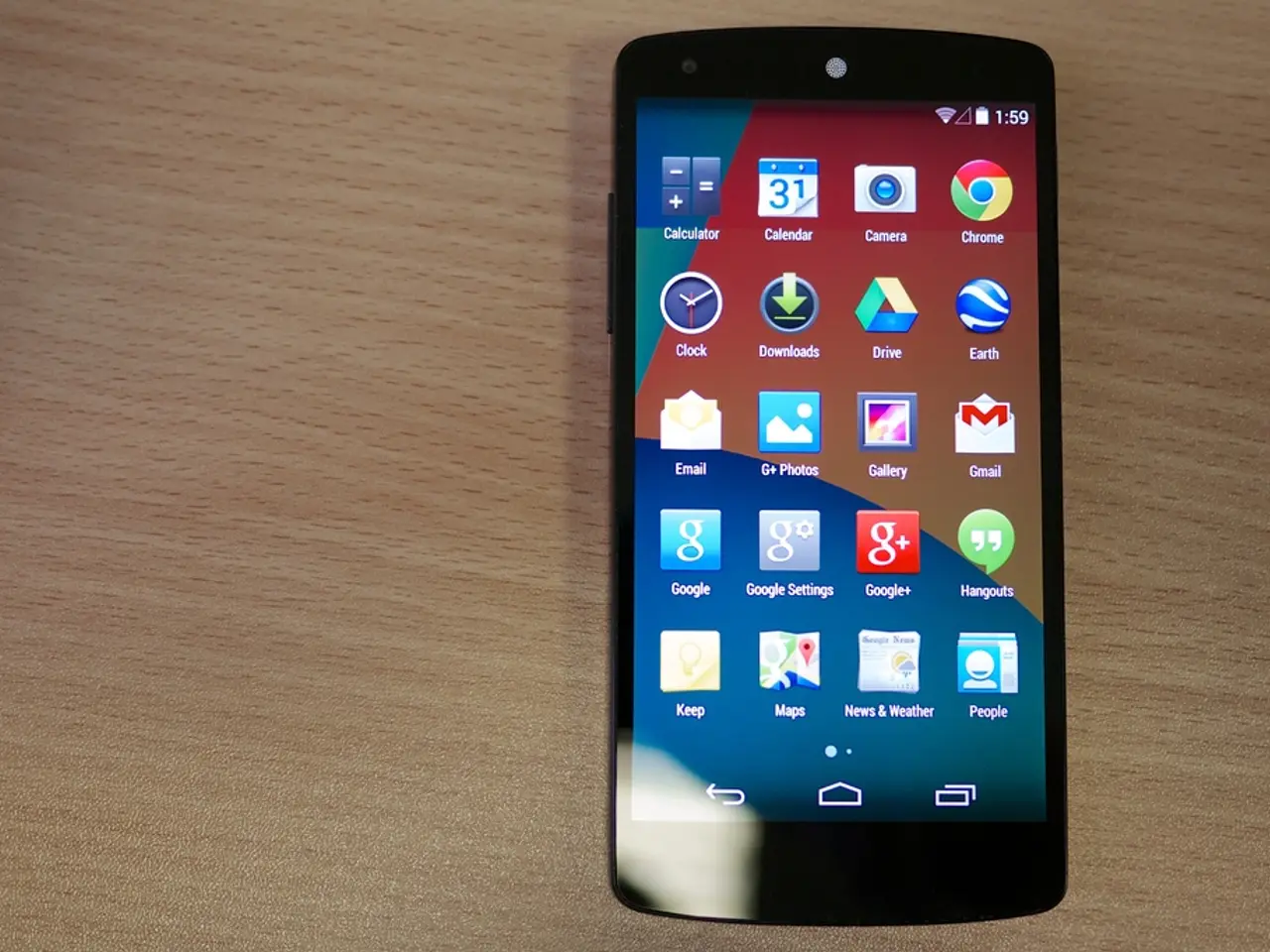Apple'sStronghold on browser usage within iPhones in Japan May Potentially Be Broken
In a significant regulatory move, Japan's updated Smartphone Act, set to be fully enforced from December 18, 2025, will require Apple to open up iPhone browsers to third-party engines [1][4][2][3]. This change could see iPhone users in Japan enjoying real browser alternatives to Safari as early as 2026.
For years, Apple has been accused of engaging in anti-competitive practices, resisting the use of other browser engines such as Chrome's Blink, on iPhones [5]. However, the Japanese market, significant with over 15 million iPhones sold annually, equivalent to the entire population of Zimbabwe [6], cannot be ignored.
Japan's regulations aim to prevent Apple from using malicious compliance tactics and ensuring that the company genuinely opens up to third-party browser engines [2]. The new law mandates a "choice screen" to appear promptly after the first device activation, offering users a choice of browsers [4][3].
Apple has raised objections, expressing concerns about potential impacts on user privacy, security, and granting competitors unfair advantages without compensation [1][5]. Smaller independent app developers have also voiced concerns about regulatory challenges that could reduce consumer choice and raise entry barriers [1][5].
The regulations specifically address issues such as unreasonable technical restrictions, excessive financial burdens, and steering users away from software with alternative browser engines [7]. The Open Web Advocacy group has translated these regulations, ensuring clarity for all parties [7].
Notably, Apple is not allowed to implement new roadblocks disguised as policy under the new regulations [7]. Compliance from Apple could potentially lead to the availability of real Chrome on iPhones.
The European Union (EU) has previously attempted to regulate Apple's practices, but Japan's regulations may go further [3]. The new Smartphone Act represents a significant shift, compelling Apple to open up iPhone browser competition substantially [1][5].
Despite the controversy, Apple's products, such as the iPhone and MacBook, are highly regarded for their quality [8]. However, the quality of these products has, in some cases, blinded people to Apple's monopolistic practices, earning critics the label of "sheep" [9].
The Japan Fair Trade Commission (JFTC) continues preparations for enforcement and public awareness ahead of the December deadline [4][3]. As the deadline approaches, the debate continues regarding potential privacy, security, and developer ecosystem effects [1][5].
- The regulations in Japan's new Smartphone Act, aiming to prevent malicious compliance tactics by Apple, include a "choice screen" that mandates user selection of browsers from multiple options, such as Google Chrome, to promote competition in the mobile browser industry.
- Similarly, policy-and-legislation changes in Japan's business environment have sparked debates about the impact of these regulations on various aspects, including user privacy, security, and the potential granting of unfair advantages to competitors in the technology sector.
- Despite intense scrutiny over its practices, the general-news and technology industries continue to cover Apple's products, such as the iPhone and MacBook, which are admired for their quality, alongside concerns about the company's monopolistic practices in the finance, politics, and business realms.




